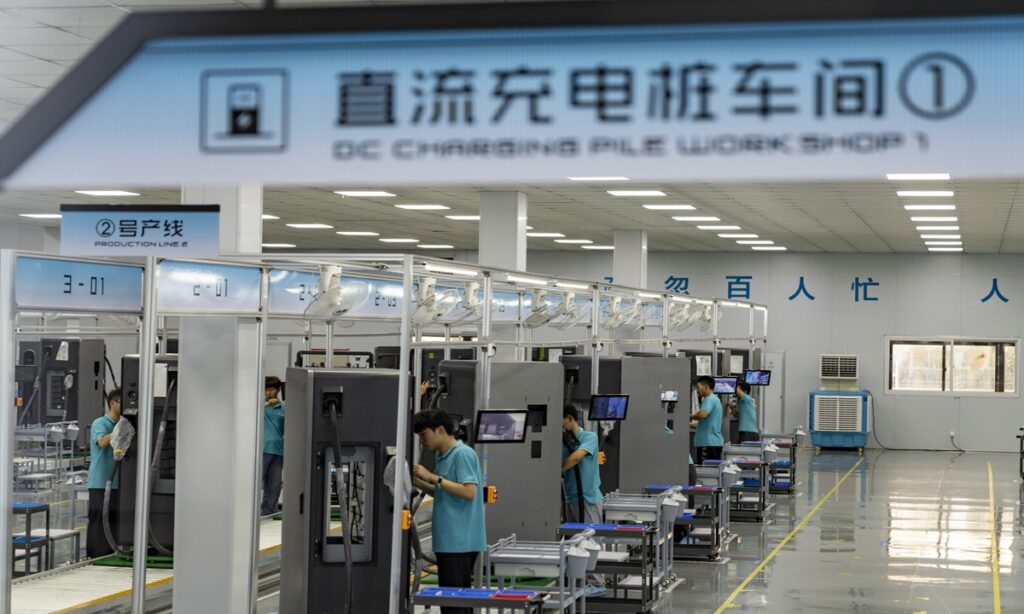The Chinese top market regulator on Friday released 22 measures to boost the development of the private sector, including strengthened anti-monopoly law enforcement, risk research and early warning for overseas investment and mergers and acquisitions.
Analysts said that this is among China’s constant efforts to boost the development of the private sector.
They noted that for a long time, China’s private economy generally has the characteristics of “small scale and weak competitiveness.” The main body of the private economy is micro-, small-, medium-sized enterprises (MSMEs), which are mainly distributed in the middle and lower reaches of the industrial chain.
Since 2023, the intensive release of measures and policies for the private sector, especially MSMEs, aimed at thoroughly solving the problems and difficulties facing private enterprises, so as to fully release the huge potential of the sector. The recent concrete measures will inject confidence, analysts noted.
The release of the 22 measures will greatly enhance the enthusiasm and initiative of private enterprises to seek development, reform and innovation, make the private economy – a new force for economic growth – more powerful, and usher in a broader development stage for the private economy, the State Administration for Market Regulation (SAMR) said on Friday.
The 22 measures focus on five aspects, including the continuous improvement in the environment for development, increased policy support, strengthened legal guarantee, boosting to realize high-quality development as well as creating a social atmosphere that cares about the development and growth of the private economy.
SAMR said it will continue to remove barriers to market access and fully implement a fair competition policy system. The market regulator also vowed to support the participation of private enterprises in the formulation of standards.
China has made major adjustments in optimizing the business environment of the private economy, Pan Helin, joint director of the Research Center for Digital Economics and Financial Innovation affiliated with Zhejiang University’s International Business School, told the Global Times.
“The previously released measures and guidelines involved almost all the private economy, and have made a perfect response to the anxiety points of private entrepreneurs,” said Pan.
On September 4, China’s top economic planner set up a bureau for private enterprises, which has played an increasingly pivotal role in spurring economic growth.
In July, China issued a 31-measure guideline on promoting the development of the private economy to boost the high-quality growth of the private sector, further boosting market confidence and consolidating the foundation for economic recovery.
Analysts said the private economy has played and will continue to play an important role in stabilizing growth, promoting innovation and ensuring employment, and is an important contributor to China’s economic growth.
According to statistics from China’s top economic planner, the private economy contributes more than 50 percent of tax revenue, more than 60 percent of GDP, more than 70 percent of technological innovation and more than 80 percent of urban labor employment.
By 2022, private enterprises accounted for 93.3 percent of total in terms of number. Meanwhile, private enterprises also accounted for 50.9 percent of China’s exports.
The entry threshold for China’s top 500 private enterprises in 2023 reached 27.578 billion yuan ($3.8 billion), an increase of 1.211 billion yuan over 2022, according to 2023 China’s Top 500 Private Enterprises Summit held on September 12.
(Global Times)




